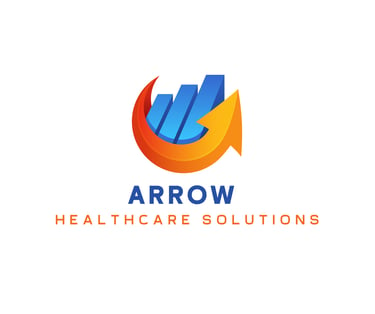Understanding Medical Revenue Cycle Management and Its Impact on Practice Revenue
Amanda Y Wright BSN, RN, CHPN, CMRM
9/17/20251 min read


What is Medical Revenue Cycle Management?
Medical revenue cycle management (RCM) refers to the financial process that healthcare providers use to track patient care episodes from registration and appointment scheduling to the final payment of a balance. It encompasses the entire patient experience, including billing, coding, and the collection of payments. Effective RCM is integral to a practice’s financial health as it helps streamline operations while ensuring that the cash flow remains robust.
Why is Revenue Cycle Management Important?
The primary goal of RCM is to improve the bottom line for healthcare providers. By closely managing the revenue cycle, practices can minimize billing errors, reduce days in accounts receivable, and improve cash flow. This systematic approach allows healthcare providers to focus on patient care while ensuring timely reimbursement from payers. Studies show that organizations that invest in effective RCM practices tend to see significant boosts in revenue, which can directly impact the quality of care they provide.
How RCM Can Help Increase Practice Revenue
Implementing a solid revenue cycle management strategy can enhance a practice's revenue in several ways. First, it ensures that claims are submitted accurately and on time, reducing delays in payment. Second, RCM identifies areas of inefficiency in the billing process, enabling practices to fine-tune their operations to avoid revenue leaks. Lastly, proactive denial management allows practices to address issues before they lead to lost revenue.
By improving the revenue cycle, healthcare providers can ultimately increase their profitability, reinvest in their practices, and enhance patient care. In conclusion, understanding and optimizing medical revenue cycle management is crucial for any medical practice looking to succeed in today’s complex healthcare landscape. Whether through staff training, adopting new technologies, or refining existing processes, prioritizing RCM can yield substantial benefits, making it a worthy investment for any healthcare practice.

